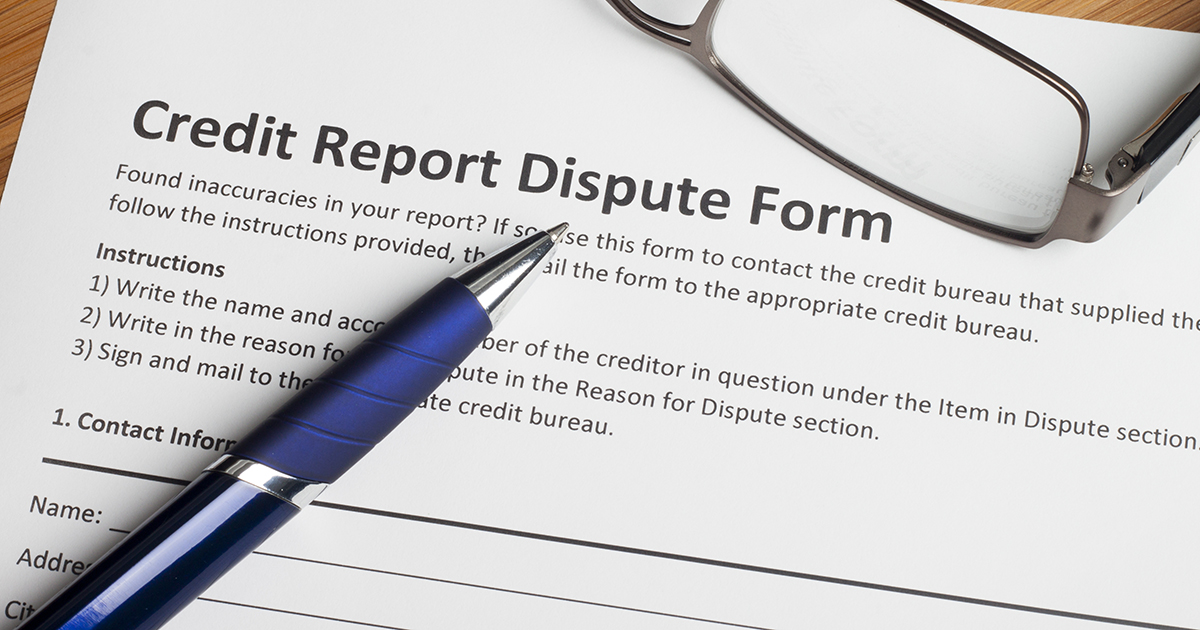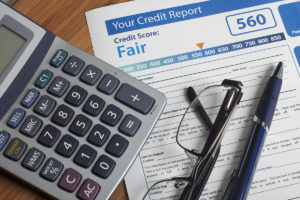
Credit reports must be kept accurate because they affect so many aspects of our lives. Yet errors on credit reports are common. The Federal Trade Commission has conducted studies that show errors may continue to appear on a credit report, even after they’ve been disputed.
The best way to correct credit reporting errors is to send a written credit dispute letter. The credit bureaus, Transunion, Experian and Equifax, refer to this letter as a Request to Reinvestigate.
What is a credit dispute letter?
 Like the name suggests, a credit dispute is a letter you send to the credit bureaus to request errors be corrected, updated or removed.
Like the name suggests, a credit dispute is a letter you send to the credit bureaus to request errors be corrected, updated or removed.
To begin a dispute, it is important for you to obtain a current credit report directly from each bureau – Transunion, Experian and Equifax.
The credit report dispute letter should clearly state why the listing is inaccurate and the action you want the credit bureau to take. Your letter should include documents that support your claim. Be sure to keep a copy of the dispute letter you send.
Your credit report dispute letter checklist:
- Your full name, contact info, social security number and birthdate
- Credit report number and date
- A copy of a current credit report with the error highlighted
- A clear statement of why the listing should be corrected
- Documents that support your claim, such as payment records, correspondence from the creditor or court documents. (Your letter should reference these documents.)
- State the action you’d like the bureau to take — correct, update or remove the error)
Will my report be corrected?

We recommend that you send your letter by Certified Mail, Return Receipt for proof of the date your letter was received. The credit bureaus have 30 days to respond to your written dispute. If the bureau responds favorably, your report will be updated and the error will be corrected.
What happens if my report is not corrected?
Sometimes, the credit bureau may ask for more information, or they may reject your claim. If so, you may need to send an second, or possible additional written disputes. Be sure to keep a good paper trail that documents the disputes you’ve sent. These letters will be valuable in evaluating whether your consumer rights were violated under the Fair Credit Reporting Act.
Seek Legal Advice from a Qualified Consumer Lawyer
 The attorneys at Flitter Milz have worked with consumers throughout Pennsylvania and New Jersey, and sued the credit bureaus and credit furnishers who have continued to list inaccurate information on credit reports. Contact us today for a no-cost consultation.
The attorneys at Flitter Milz have worked with consumers throughout Pennsylvania and New Jersey, and sued the credit bureaus and credit furnishers who have continued to list inaccurate information on credit reports. Contact us today for a no-cost consultation.







